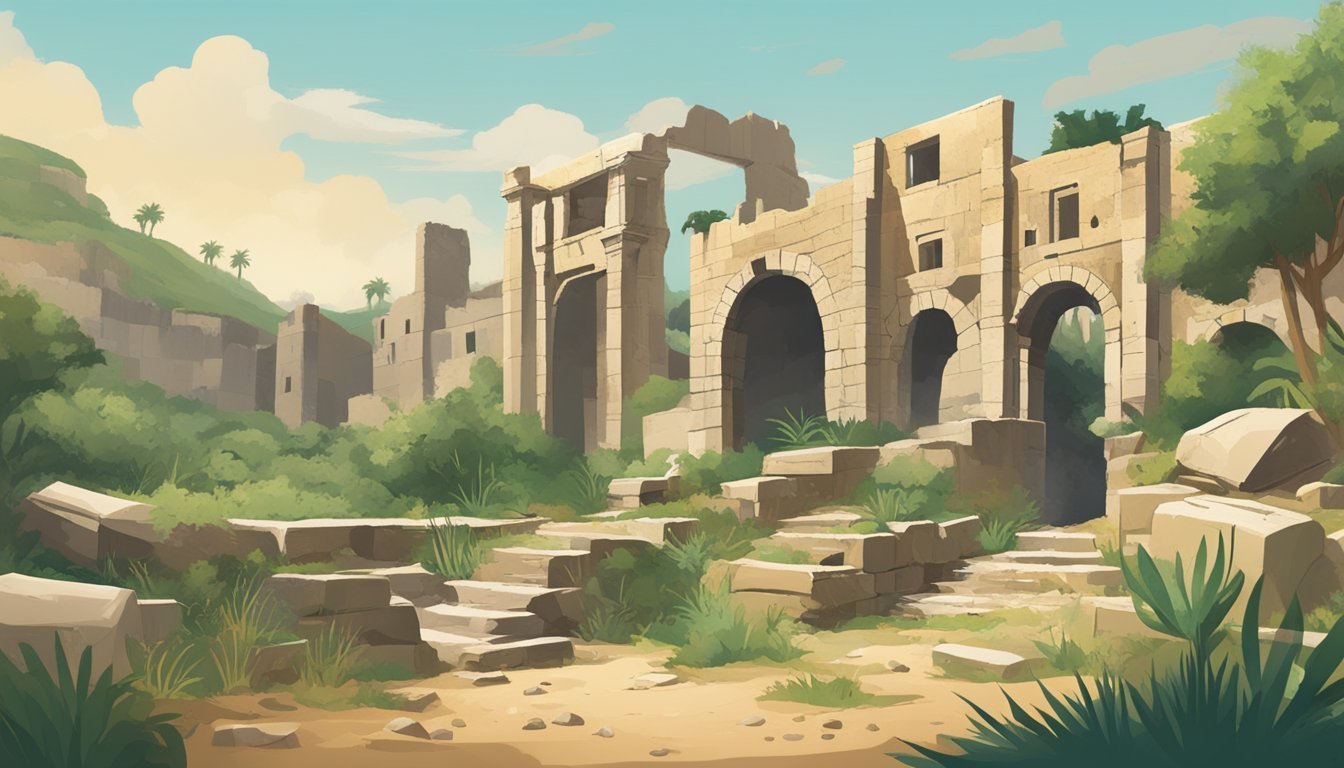Concerns are mounting over a bill that seeks to establish new oversight for West Bank antiquities.
The Israel Antiquities Authority (IAA), which plays a crucial role in protecting the nation’s historical treasures, has pushed back against the changes suggested by Amit Halevi, a member of the Likud party.
Proposed Changes to Oversight
Halevi, known for his advocacy on issues related to land use and the conservation of Israel’s cultural heritage, revised his original proposal to address the IAA’s objections.
He proposed the creation of a new agency within the Heritage Ministry that would take over the oversight of antiquities, a responsibility the IAA currently holds.
He pointed out that Israeli law provides the authority over antiquities in the West Bank.
Historically, archaeological sites in the West Bank have been monitored by the Civil Administration’s Archaeology Unit, a role Halevi wants to shift away from military oversight.
However, IAA representatives caution that this transition might harm Israel’s collaborations with academics and diminish its reputation internationally.
Historical Sites at Risk
This area is home to approximately 2,600 archaeological and religious sites, many of which are deeply intertwined with Jewish history, including significant places like the Qumran Caves, Sebastia, and Shiloh.
Unfortunately, these important sites have been subjected to looting and damage, leading Israeli archaeologists to advocate fiercely for better protective measures to ensure their survival.
Moreover, both Palestinian and Israeli human rights organizations have raised alarms, arguing that the proposed changes could enable members of the Likud party to manipulate these historical sites for their political agendas.
This scenario poses risks of illegitimate land seizures, potentially displacing Palestinians from culturally significant locations.
Ongoing Debate and Concerns
In a recent Knesset committee meeting, the IAA’s Chief Scientist contended that military management of antiquities has proven to be more effective at preserving these sites than a civilian-led approach would be.
Additionally, an archaeology officer voiced concerns that removing the oversight responsibilities from Israeli security forces could weaken the safeguards offered to the region’s fragile archaeological sites.
As debate continues, the fate of these precious antiquities in an area rich with historical significance remains an urgent issue for preservationists and community leaders alike.


